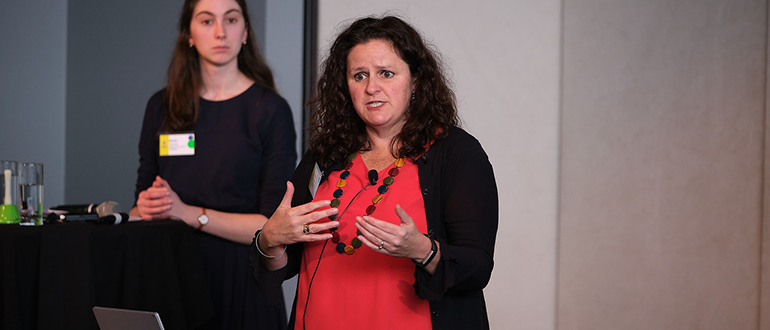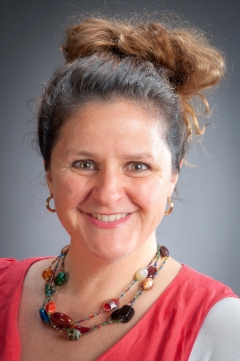Associate Professor Kathryn Sutherland from Victoria University in Wellington New Zealand will be presenting this year’s keynote on Changing Contexts and People in Higher Education: Holism and Akoranga at next week’s Learning and Teaching Forum. We spoke to her about the changing landscape of higher education and some of the key themes she will cover in her presentation
1. What does embracing change: creating opportunities in learning and teaching mean to you?
Embracing change means being open to learning at every opportunity – no matter how long we’ve been teaching, whether we’re brand new to higher education or have been around a while, there is always something to learn from each other, and from our students. I love watching other lecturers in action and seeing how they engage students in active learning, and I always learn something from sitting in on a colleague’s class. I reckon we should do a lot more observation of teaching, and have more reflective conversations with each other and with students about what we observe and what we can learn when we see others teach.
2. One of the focusses of your keynote presentation is the maori concept of akoranga – how has this influenced your teaching practice?
Akoranga is defined at our university as ‘collective responsibility for learning’ and is a principle derived from the root word, ako, which means both to teach and to learn; the Māori language does not have separate words for teaching and learning, which I think is a wonderful recognition of the reciprocity of these activities. As one of my former colleagues used to say, “Teaching without learning is just talk,” so I’m always thinking not just about what I will do in class, but what students will be doing.
3. How have you embraced change in the current state of higher education?
Change is constant and it can sometimes be exhausting, but I’ve found that taking a partnership approach to my work has reinvigorated my practice and my research. I try to do almost everything collaboratively. In the past, I did a lot of academic development work directly with lecturers, often one-on-one. But I’m trying now to take a team-based approach, and to work in partnership with everyone involved in the learning experience, including the lecturer/s, tutors, students, learning designers, subject librarians, student services, and many others. It’s important that academic developers really work to facilitate and support a team-based, collaborative approach to improving, enhancing, and enjoying learning and teaching for everyone involved.
4. Where do you see the biggest opportunities in learning and teaching for higher education?
One of the biggest opportunities is the growing focus on student-staff partnership approaches to developing learning and teaching. Students have such fantastic ideas about what works for learning and teaching (and what doesn’t – and it’s not the same for everyone). It’s important that we provide deliberate, supported, and well-designed academic development programmes to facilitate this reciprocal learning. I’m looking forward to sharing what we’re doing at our university in this regard, and to hearing from folks at UNSW what works for them, as well. See you all soon!
**
Kathryn recently attended the 2019 Students as Partners Roundtable hosted by UNSW in August, where she spoke on Ako in Action: A New Zealand perspective on student-staff partnerships in learning and teaching. She also recently won the Peer Choice award and was a finalist with distinction at the Advancing Academic Development Australasian Good Practice Awards at QUT this month.
She will be a keynote speaker at the Learning and Teaching Forum on 26 November 2019. For more information and to register, click here.

